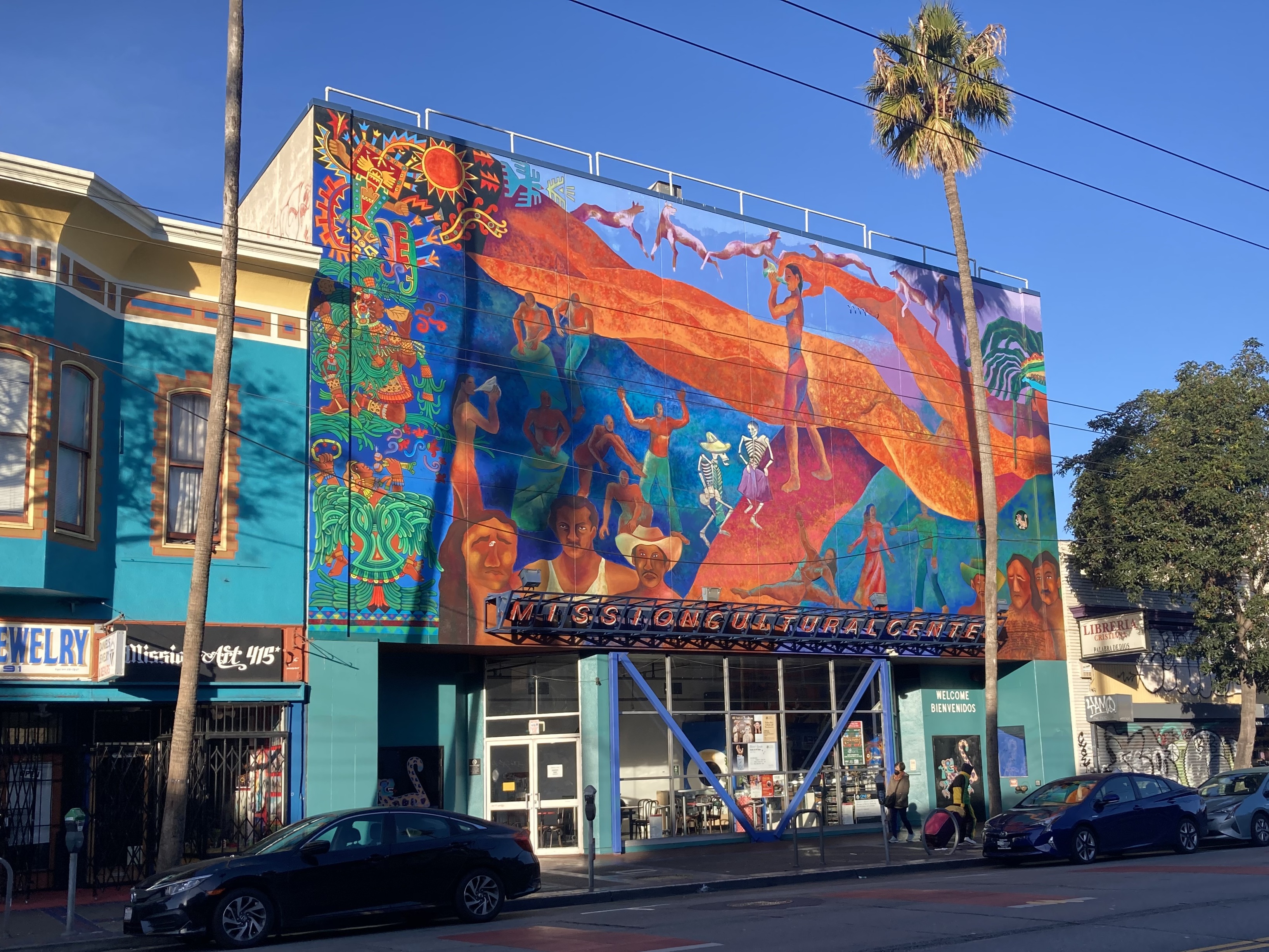AAM: Asian Art Museum
ARTS: Arts Commission
FAM: Fine Arts Museums
SCI: Academy of Sciences
WAR: War Memorial and Performing Arts Center
LIB: San Francisco Public Library
CCSF: City College of San Francisco
SFUSD: San Francisco Unified School District

The Recreation, Culture, and Education Service Area encompasses much of what makes San Francisco a rich and vibrant city. San Francisco’s park system has more accessible green space than any other municipality in the United States. Dog play spaces, golf courses, urban trails, natural areas, and urban agriculture are all part of the City’s recreational portfolio. The Main Library and 27 branch libraries provide free and equal access to information as well as diverse literary and educational programs, and they are increasingly relied upon to meet San Francisco’s resilience challenges. Our City museums—the Asian Art Museum, de Young Museum, Legion of Honor, and Academy of Sciences—showcase wide-ranging exhibitions and complement the City’s own civic art collection of over 4,000 objects and monuments. An essential part of the City’s social and cultural fabric is our student body; each year San Francisco Unified School District serves approximately 50,000 students, and City College of San Francisco serves approximately 14,000 full-time equivalent students. These San Francisco institutions honor the City's cultural histories while embracing the promise of the future.
Overview
San Francisco’s recreational, cultural, and educational resources drive our quality of life and underlie our shared experience as a city. Keeping these institutions in a state of good repair is a priority. Within each subsection of this chapter, projects are discussed in the following order: Parks (REC), Cultural Facilities (AAM, ARTS, FAM, SCI, WAR), and Educational Institutions (LIB, CCSF, SFUSD).
Parks
The Recreation and Parks Department administers more than 225 parks, playgrounds, and open spaces, including two outside the city limits. The system includes 27 recreation facilities, nine swimming pools, five golf courses, and numerous sports venues. The Department’s responsibilities also include the Marina Yacht Harbor, the San Francisco Zoo, Camp Mather, and the Lake Merced Complex.
In June 2016, the voters of San Francisco approved Proposition B, a set-aside of the City’s General Fund for the Recreation and Parks Department to fund ongoing and one-time capital needs. These General Fund dollars complement the voter-approved Neighborhood Parks and Open Space General Obligation Bond program. The bond program is comprised of measures that passed in 2008, 2012 and 2020. Park facilities are also supported by the Open Space Fund, a property tax earmark approved by voters in 2000. With these resources, the Recreation and Parks Department aims to continue making progress against the department’s substantial deferred maintenance needs.
The Recreation and Parks Department uses its asset lifecycle management tool to support planning efforts for deferred maintenance and renewals. First populated in 2019, with ongoing updates by the Department as well as the database proprietor, the database calculates deferred maintenance requirements and costs. The Department also has a comprehensive capital planning process to address the development, renovation, replacement, and maintenance of capital assets, as well as the acquisition of real property. A capital expenditure plan with the biannual budget is a requirement of Proposition B and includes an equity analysis using Recreation and Parks Commission-adopted metrics.
Cultural Facilities
With some of the oldest and newest construction in the City’s capital portfolio, San Francisco’s cultural institutions present a wide range of needs. From repairing the roofs of the Legion of Honor and Opera House, to protecting the de Young and Academy of Sciences against the foggy conditions in Golden Gate Park, to restoring the publicly held Civic Art Collection, the City’s arts agencies have distinct capital needs.
In November 2018, San Francisco voters approved Proposition E, which allocates 1.5% of the base hotel tax to arts and cultural purposes through the Hotel Room Tax Fund. Proposition E will provide a set-aside for various arts and cultural services including grants and a cultural equity endowment. Arts-related capital projects such as those at the City’s cultural centers would be an eligible use for the Arts Commission from this source which is expected to continue with an annual baseline for capital.
Educational Institutions
Following the completion of the $196 million Branch Library Improvement Program (BLIP), the San Francisco Public Library is in the process of addressing the three outstanding branches not renovated during BLIP, beginning with the renovation of the Mission Branch Library, followed by the renovation of the Chinatown Branch Library, and lastly, the construction of a new Ocean View Branch Library. The Library’s mission is evolving as access to technology has increased, and technology has taken on a greater role in information literacy. The City is committed to serving local communities’ needs into the future and continues to program our spaces accordingly.
Although City College of San Francisco and the San Francisco Unified District do not fall within the City’s administrative purview, descriptions of their capital priorities are included here to provide a comprehensive look at the infrastructure needs in this Service Area. San Francisco voters approved an $845 million bond for CCSF in 2020, and SFUSD is planning a 2024 G.O. Bond ballot measure.

